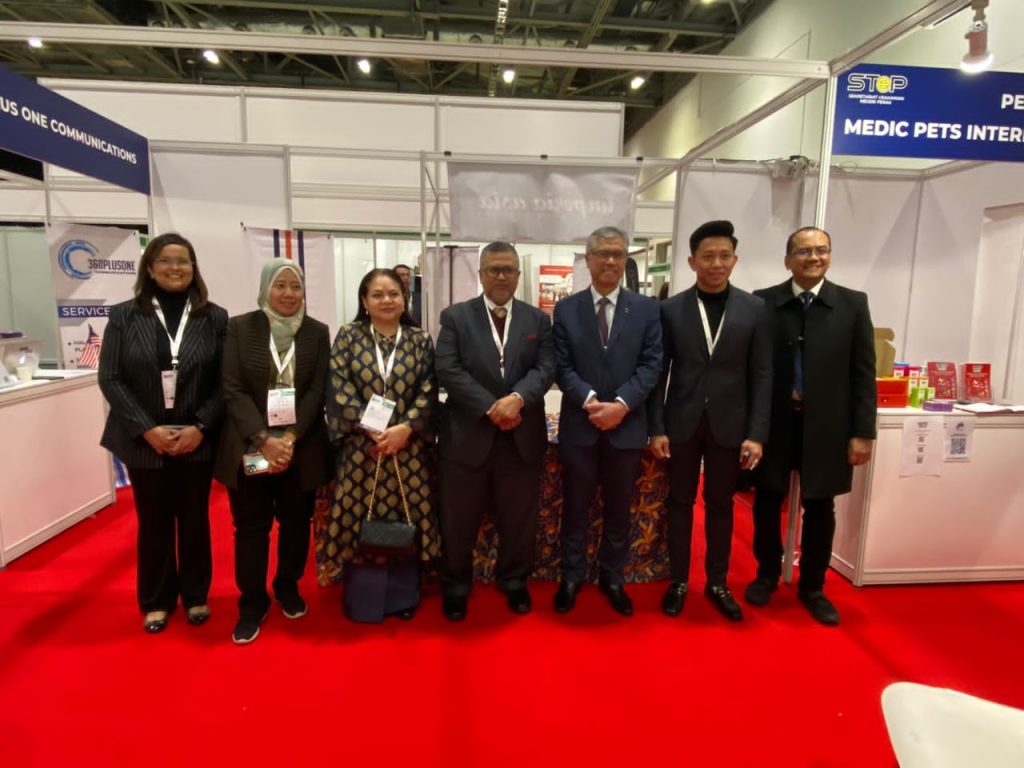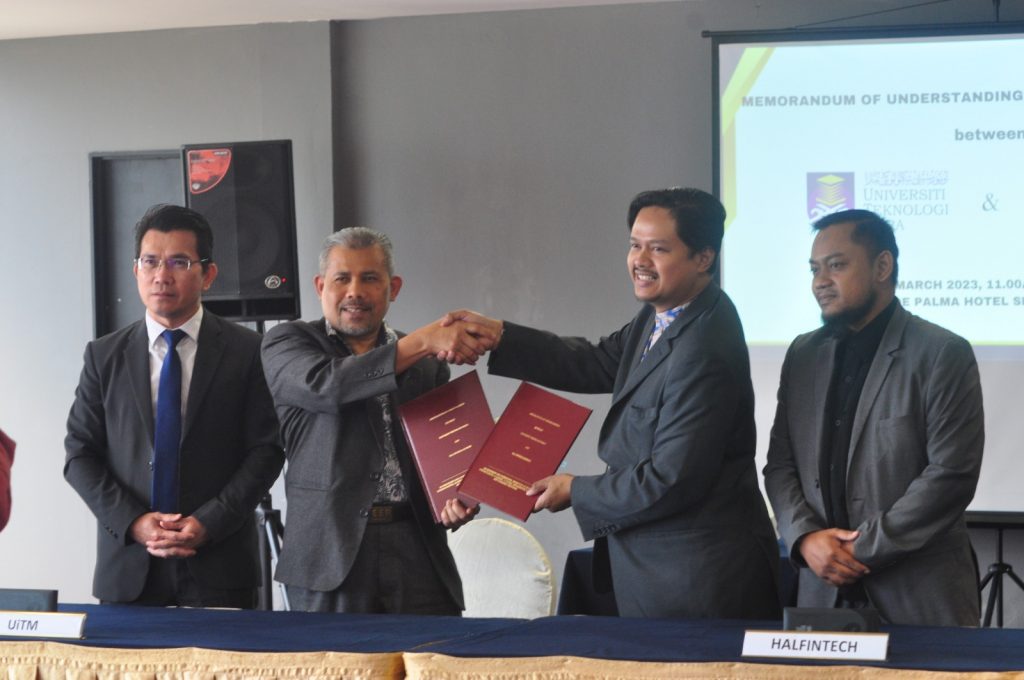 Halal awareness courses like this one help businesses learn more about the process of halal certification.
Halal awareness courses like this one help businesses learn more about the process of halal certification.
KUALA LUMPUR — Halal awareness in Malaysia is found mostly among the medium and large industry players. Some smaller industry players especially those in home-based businesses are still assuming that halal does not apply to them and thus some take it for granted.
Although the awareness of halal and halal certified products has increased tremendously over the past few years, awareness of halal certification has not increased much and therefore Jakim, HDC and government entities such as PlaTCOM are taking the initiative to help boost this and bring the awareness to a higher level.
Many of the industry players do not understand the process for halal certification in Malaysia and thus most assume it is a very hard and lengthy process. This misunderstanding is also sometimes due to incorrect information and based on some very rare cases.
Jakim has put in a significant amount of effort to create the awareness as well as to develop the Halal Malaysia certification as a reputable certification with internationally recognised standards.
As the national technology commercialisation platform of Malaysia targeting SMEs, PlaTCOM plays a key role in training and developing our local small and medium enterprises (SMEs) in areas deemed to be crucial to them, and not limiting themselves to just technology transfer, intellectual property (IP), business development, but also halal.
PlaTCOM also collaborates with Jakim and HDC in organising the Halal Hi-Tech Challenge 2016, where local SMEs with halal related innovations were invited to apply for the programme. Halal Hi-Tech Challenge 2016 is now at the final stage of assessment and winners will be announced in September 2016.
Since the halal industry in Malaysia is growing rapidly, the demand for such awareness courses and training in halal certification is increasing. PlaTCOM in collaboration with Jakim recently launched a series of awareness courses: Halal Malaysia Awareness Course that targets to increase the awareness especially among the SMEs.
Most of these SMEs are either start-ups or they are recently venturing into halal related businesses and thus will need to understand more about halal and halal certification in Malaysia.
During the one-day training course, trainers from Jakim covered some key areas in halal and halal certification. The interactive session enables participants to extend their concerns, issues or questions related to halal and halal certification directly to the Jakim officers and obtain credible answers during the session.
Snapshot of the modules:
Module I: Introduction to Halal Malaysia: This module discusses about halal, and Halal Malaysia certification in detail. Participants were able to understand about the concept of halal, its ruling based on the Islamic principles and how it affects the community.
This module also explains the areas covered by Halal Malaysia and how this certification is able to create an extra value to the product and to the company. During the session, participants were educated on how to perform halal certification validation using Jakim’s halal website and how to obtain a copy of the searched item’s halal certification.
Module II: Certification process: This module explains the process and procedure when applying for Halal Malaysia certification and how to prepare the company for the halal audit. This module was developed to enable participants especially those who are planning to apply for Halal Malaysia certification to understand the requirements as well as the application steps.
During the session, some of the participants highlighted that they were not aware that Halal Malaysia certification is now made online on a user-friendly website and interface.
Module III: Compliance / Non-compliance: This module enables the participants to know the areas and conditions that will make a compliance or non-compliance for Halal Malaysia certification. The trainers shared a few case studies and the points were discussed and conveyed the importance of having an assurance system prior to applying for Halal Malaysia certification to avoid non-compliances from occurring. This module ensures that the participants understand the requirements and how to manage issues with regards to non-compliances to the Halal Malaysia standards.
Module IV: Readiness check: This module was developed to serve as a self-check to the companies to have some ideas of whether they are ready for the certification. The trainers explained the steps and reiterated the requirements as well as the basic checklist to help the companies in their Halal Malaysia certification process.
What’s also in the box?
One of our initiatives is to help and boost the halal industry by inviting companies with halal technologies to apply for our HIP2 facilitation and funding programme.
We are also providing in-house halal certification consultancy services to companies applying for halal certification and providing assistance to the companies not just in preparing them for halal certification, but also to help them nurture good halal personnel for their businesses.
PlaTCOM also designs and delivers a series of capacity building programmes in halal related areas and it is open to SMEs and businesses in the ever-growing halal industry.
About PlaTCOM Ventures
PlaTCOM Ventures Sdn Bhd is the national technology commercialisation platform of Malaysia and is a wholly-owned subsidiary company of Agensi Inovasi Malaysia formed in collaboration with SME Corporation Malaysia (SMECorp) under one of its six High Impact Programmes (HIPs) in SME Master Plan 2012-2020. Our mission is to turn creative ideas of our inventors and entrepreneurs into successful products and services that change the world.
With our High Impact Programme 2 (HIP2) end-to-end facilitation programme, we aim to assist and help SMEs to further develop and enhance innovations across various industries to be ready for commercialisation.
* Dr Izham Shah Datuk Arif Shah is a Halal Certification Consultant.



